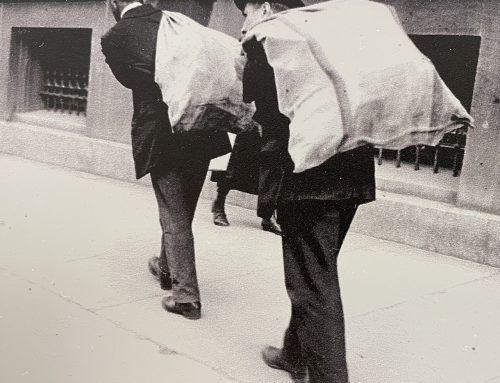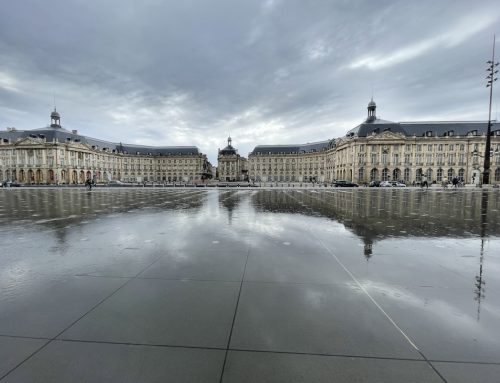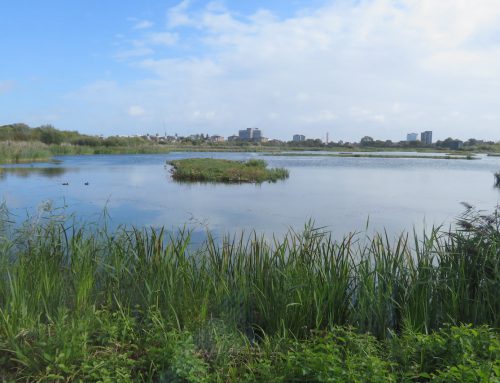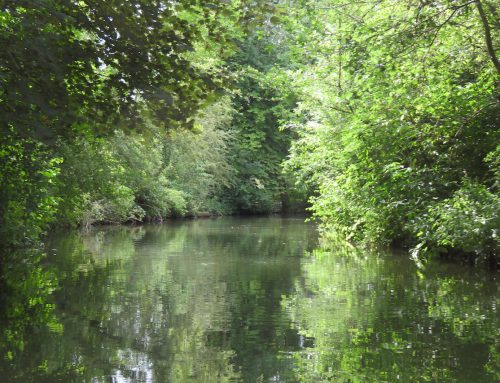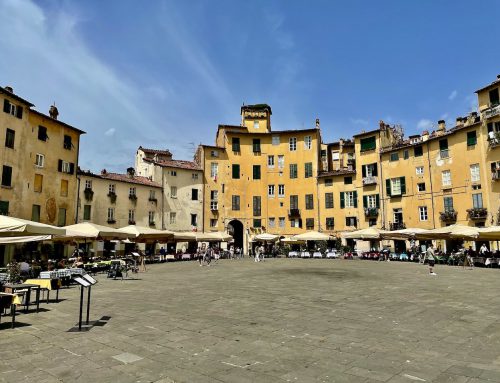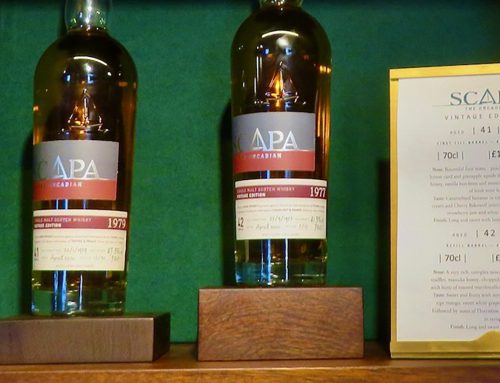Standing in the churchyard – why do veterans return?
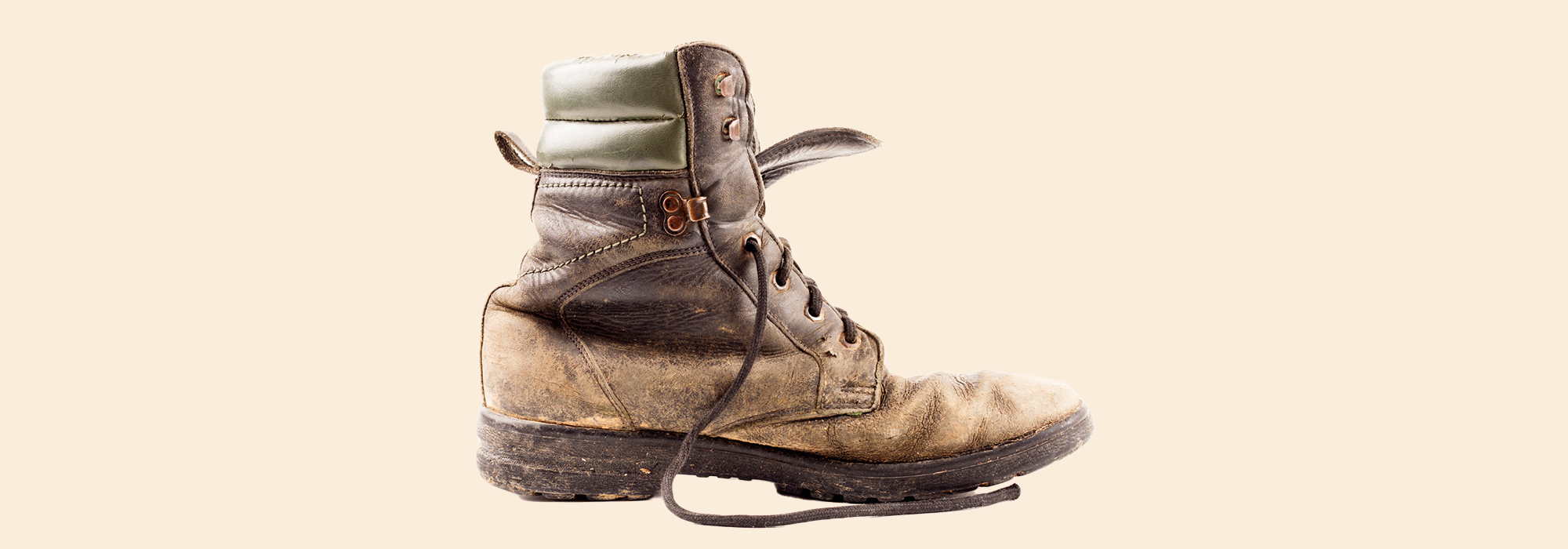
There is something about being an old soldier

There is something about being an old soldier
Hermanville, Normandy, France
Not so long ago, I was standing in a churchyard looking at a line of perfectly positioned plaques. There were at least 30. Beside the plaques stood the graves; almost all carried the names of once good friends, yet each had died doing what soldiers do. Fighting, so the rest of us can continue our cushioned existence.
There was Jimmy, who had talked to me only hours before his death, convinced he would not be a survivor. I had told him not to be daft, that men like him never perished. I was wrong, as ten hours later he was a statistic. Or Pete, whom I had physically tried to carry, slinging him over my shoulder like a fireman after he had sustained serious head and chest injuries. He was heavy, I was light, and I barely made it a hundred metres. But somehow, we reached home, from the other side of the world, only for Pete to die three months later. Or Lofty, who in another life had been a poacher. If you were out there in the wild, Lofty was your man. He would disappear after dark and appear shortly before dawn, wearing a broad smile, and clutching enough wildlife to stock a butcher. Lofty, too, came to an unexpected, traumatic end. He was only 32.
You see I am a veteran, someone who has seen both peace and conflict in many different parts of the world. I also happen to be a doctor. Yet somehow, I have been allowed to survive. So far, that is, as Nature one day gets us all, and I will be no exception. But when anniversaries of the world’s continuing conflicts take place, I see some of my veteran colleagues returning to the places where they fought. Perhaps they were bombed, shot at, bayonetted, or did the same to others.
Yet when I see them now, each carries a distant expression, and behind their eyes is great sadness. Perhaps it is relief to be alive, combined with wonder why they have been chosen. What unites all veterans is the knowledge that the graves they are visiting belong to those who were once real people. Friends who joked, laughed, drank too much on occasion. Friends who had families and partners. Friends who, when they perished, left behind them huge misery, changing the lives of so many others in perpetuity.
Years back, I went with my father to a cemetery in western Crete. Dad had been a submarine hunter in the Second World War and had been sunk in nearby Souda Bay. He, too, had survived; many of his friends had not. I watched as my father walked slowly along the line of graves, kept immaculately presented by local gardeners, and I looked on as Dad remained silent. Behind his eyes, too, lay that huge sadness.
“It feels like yesterday,” he whispered. “But I wish I had not come.”
I nodded but did not reply as I understood what he meant. It was all my father said during our visit.
Yet Crete set me thinking, and more recent conflicts, too. Why is it that veterans return to places where the horrors were unspeakable? I cannot return to scenes of earlier conflict, locations where good friends quite simply vanished. My system could not handle it, and I have no intention of ever going back. What is it about my fellow veterans, some older, plenty younger, that makes them different? Perhaps they have withstood the rigours of conflict so much better than me.
In the Falklands War of 1982, I missed death by a whisker. I returned home to be greeted by those close to me as some unjustified hero. For the years that followed I clearly bottled up my emotions, as a decade later they sent me to Sarajevo, a city where genocide was in full throttle. How well I remember that morning when I was waiting for the transport to take me from the front door of my home to a nearby airport, and from there to the insufferable Balkan siege. I burst into tears, a grown man crying, as I headed to yet another conflict. I controlled myself, of course, so neither the driver, nor any team member, realised what had happened. I can now confess more easily, these many years later.
But war is foul, you do lose real friends, who are real people, while families and children are truly disrupted. The destruction conflict creates is indescribable, the way once civilised human beings behave is unrecognisable. Do not, for one moment, think that you will be exempt. I have been to many wars and disasters since Thatcher’s Falklands and cannot understand why each generation feels the need to find out such things for itself. I have seen too many families destroyed, good friends maimed and decimated, orphans created, and have had numerous sleepless nights, to find anything beneficial in warfare.
When I see veteran colleagues return to locations of earlier suffering, I wonder how they do it. Indeed, I wonder why they make the journey at all. Because as I stand in the churchyard, and read the names of so many friends, I realise that one day, if I am fortunate, I may meet my colleagues again. In our time, and before I grew my wrinkles, bushy eyebrows and began to stoop, each was a real comrade, each a real person, each an individual with a life, a sense of humour, a family and passions. When I stop and think, I feel my colleagues are still with me, just as they always were.
But return to where it all happened? For others maybe, but certainly not me.
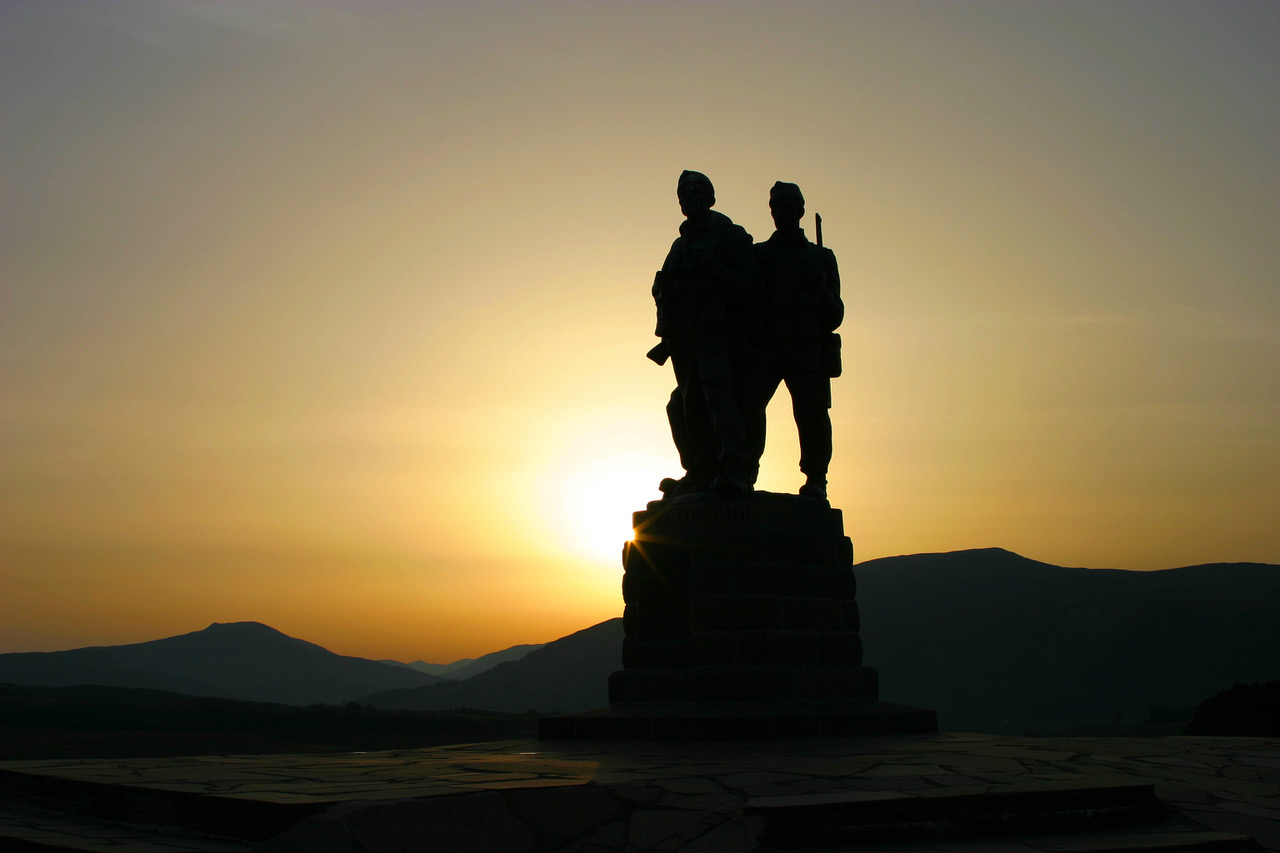
Commando War Memorial near Spean Bridge, Scotland
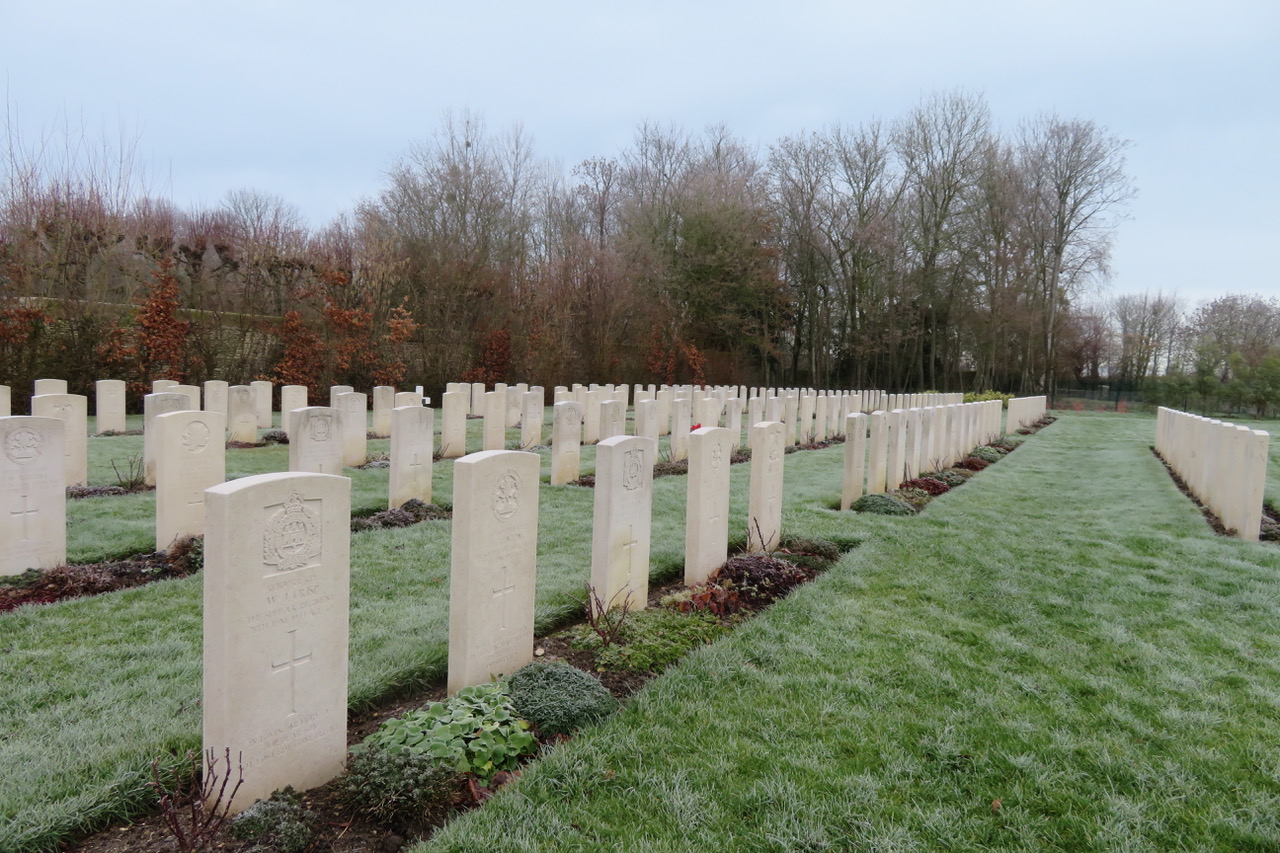
Hermanville British War Cemetery in Normandy - roughly 1000 servicemen were buried here

